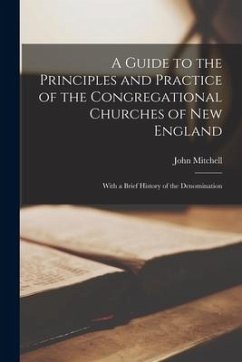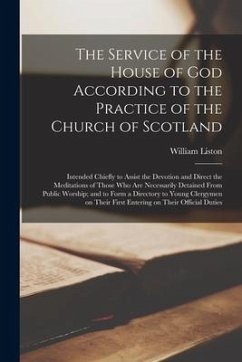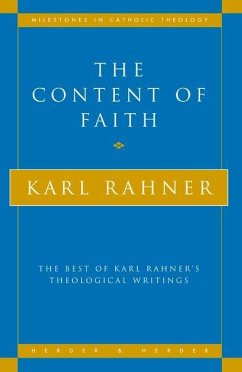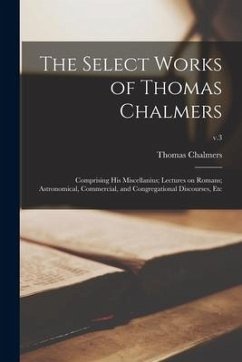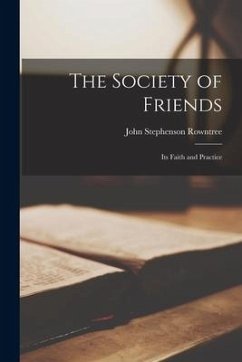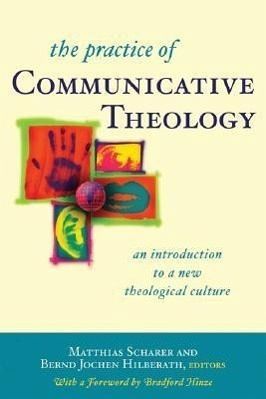
The Practice of Communicative Theology An Introduction to a New Theological Culture
Versandkostenfrei!
Versandfertig in über 4 Wochen
28,99 €
inkl. MwSt.

PAYBACK Punkte
14 °P sammeln!
Preachers, group leaders, teachers, and all who are serious about understanding and spreading the Christian message will benefit from the material in this book. Christian theologians, in their concern for eternal truths, have sometimes been slow to recognize the importance of how communication occurs. Yet in a religion with revelation as its very core, it is crucial to be aware of new communication technology, understand how the message is shared, and identify barriers to communication. The principles discussed are distilled from a series of conferences that brought pastors and theologians tog...
Preachers, group leaders, teachers, and all who are serious about understanding and spreading the Christian message will benefit from the material in this book. Christian theologians, in their concern for eternal truths, have sometimes been slow to recognize the importance of how communication occurs. Yet in a religion with revelation as its very core, it is crucial to be aware of new communication technology, understand how the message is shared, and identify barriers to communication. The principles discussed are distilled from a series of conferences that brought pastors and theologians together to discuss the core of their faith and how, in a globalized world, faith can be discussed intelligently. The helpful, field-tested chapters include useful diagrams and lists as well as ample questions for group reflection.



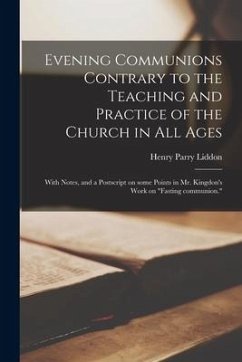

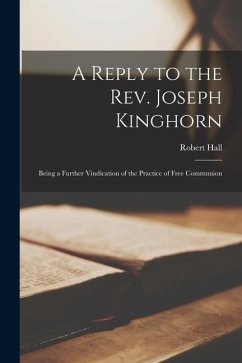
![The Knowledge and Practice of Christianity Made Easy to the Meanest Capacities, or, An Essay Towards an Instruction for the Indians [microform]: Which Cover The Knowledge and Practice of Christianity Made Easy to the Meanest Capacities, or, An Essay Towards an Instruction for the Indians [microform]: Which](https://bilder.buecher.de/produkte/65/65558/65558499n.jpg)
